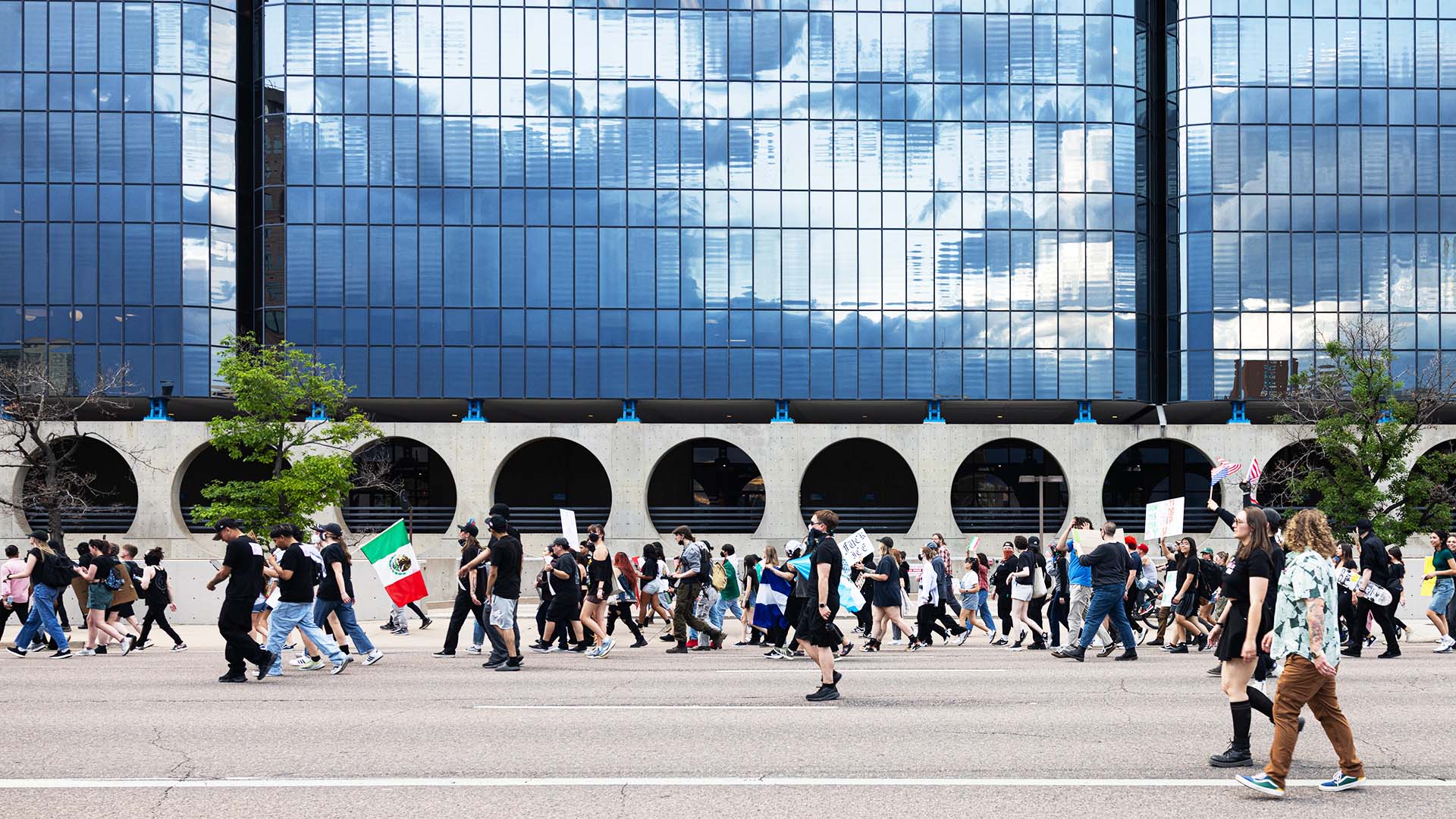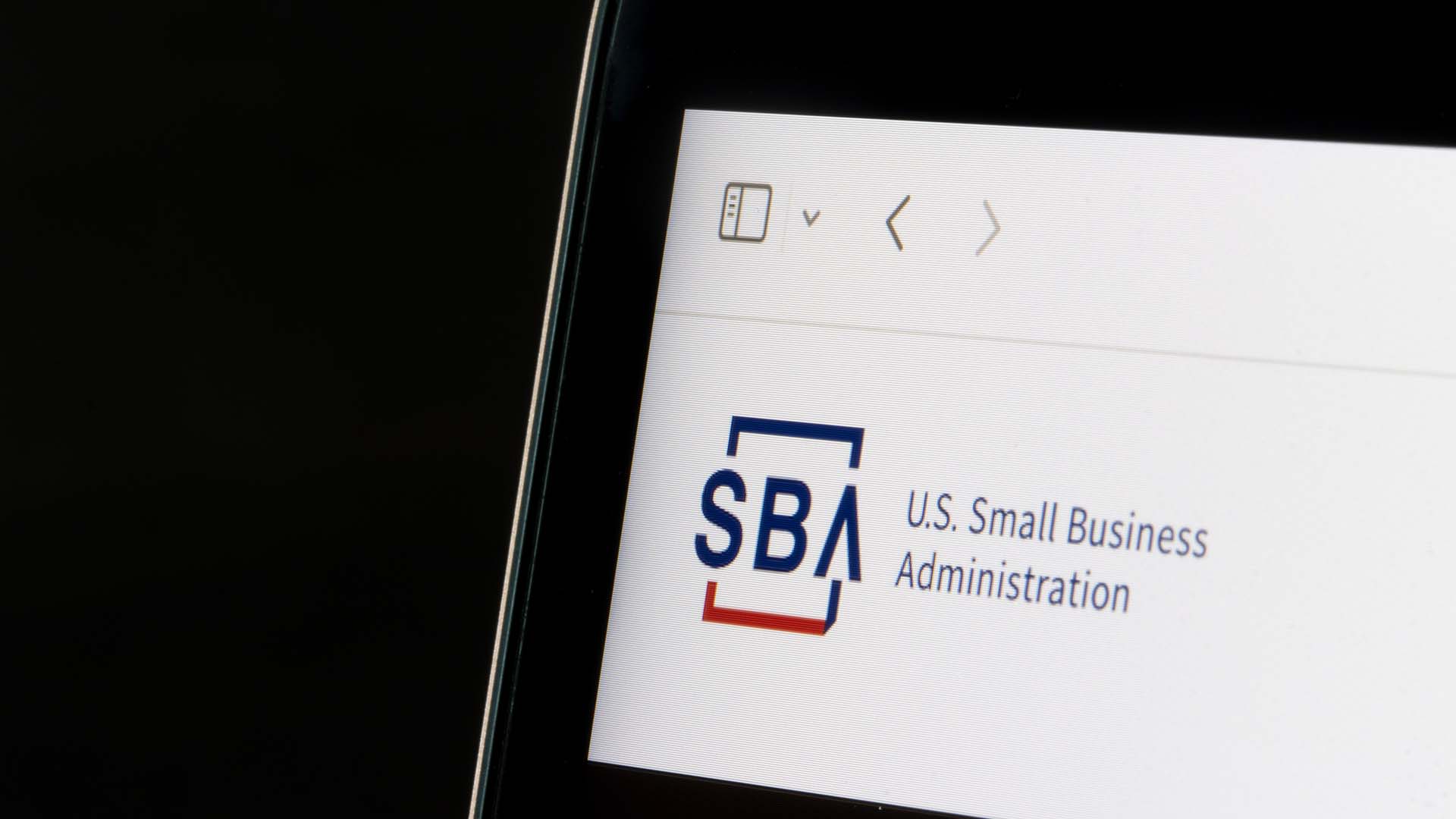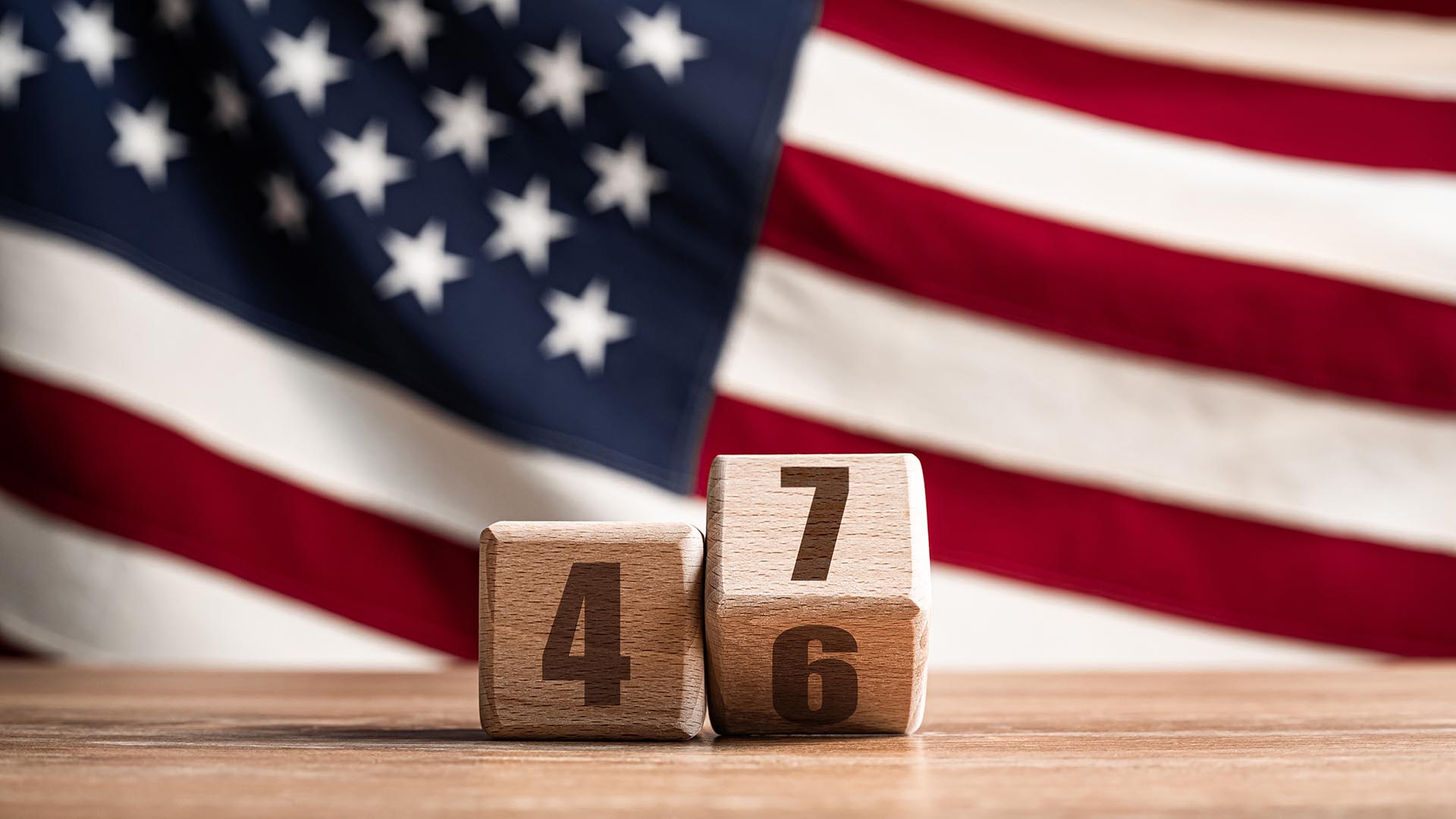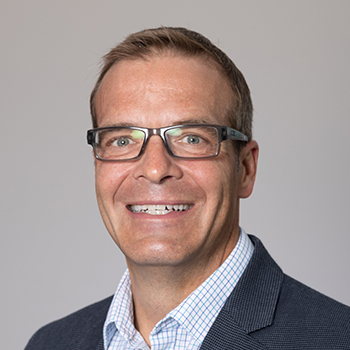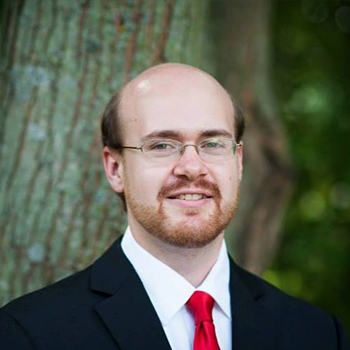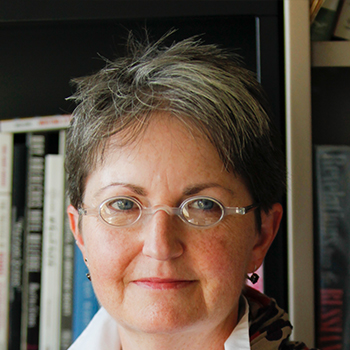With the presidential election looming, voter-engagement efforts ramp up at MSU Denver
Student ambassadors face an uphill battle with uncertainty and distrust common among younger voters.
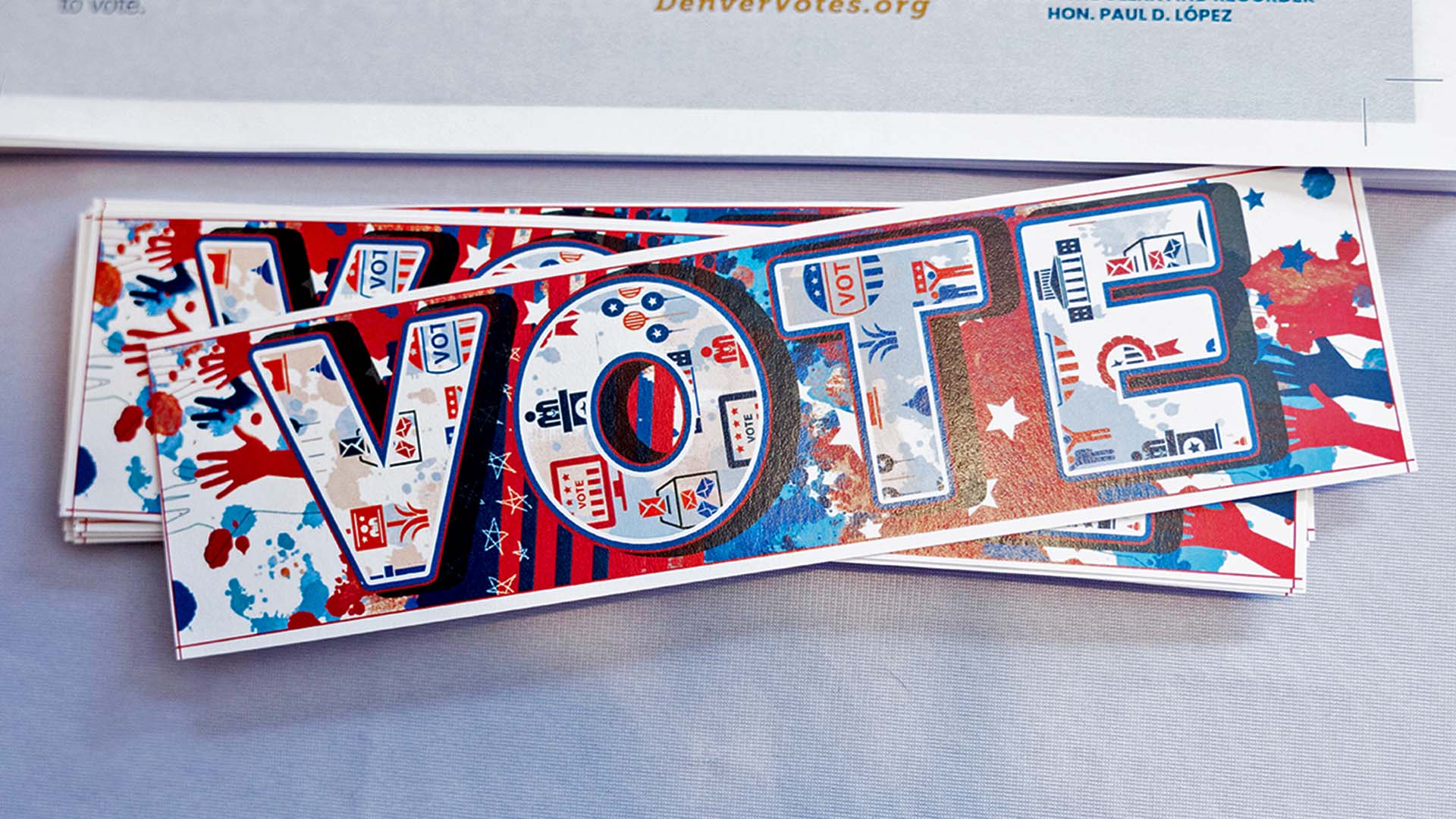
Madison Hailey Larsen spends a lot of time educating fellow college students about the political process and their right to participate. This year, she has her work cut out for her, even on one of the most civically engaged campuses in the country
Larsen, a second-year Marketing student, is one of four voter-engagement student ambassadors at Metropolitan State University of Denver who engage in voter-education efforts across the Auraria Campus. The students visit classrooms and staff tables at public events both on and off campus to get the word out.
|
Nationally Recognized Civic Engagement MSU Denver has been recognized by the ALL IN Campus Democracy Challenge in the following categories:
|
|
In past election years, their work has resonated. MSU Denver was recognized nationally in 2022 as a “Most Engaged Campus,” and in 2016 had the highest undergraduate voting rate in the country.
But in the highly charged environment of a presidential election year in which the two leading candidates are around 80 years old, many of the young people Larsen meets are disengaged and generally distrust the political process.
She often encounters “a mixed bag” of attitudes.
“People can be kind of checked out and they aren’t always too excited about being civically engaged because they don’t have a reason to,” she said. “Which is where I come in and try to say, ‘Hey, here are reasons why you should care.’”
For example, Larsen might remind her fellow students that politicians are considering restrictions on the TikTok social messaging platform that is popular among young people. “Just getting something people are excited about — it gives them an incentive to be politically engaged,” she said.
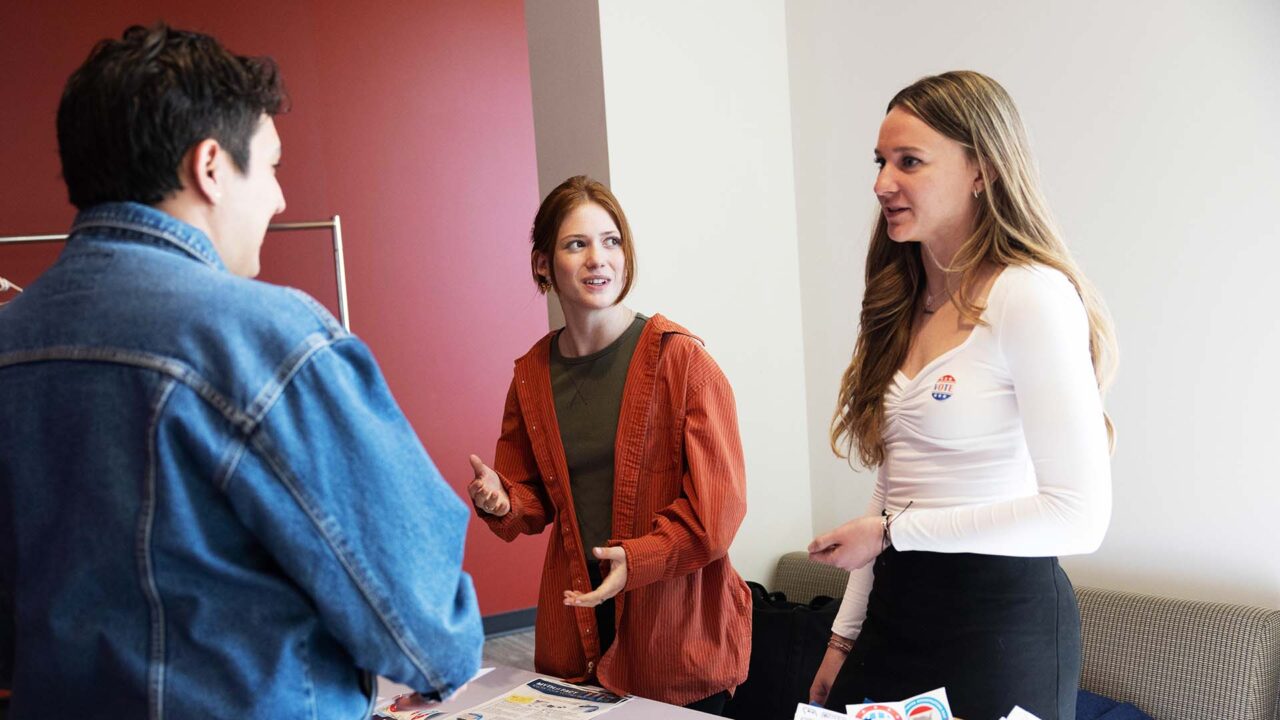
Robert Preuhs, Ph.D., professor and chair of Political Science at MSU Denver, says one reason younger voters might not be too engaged at the moment due to the ages of President Joe Biden, 81, and his primary rival, Donald Trump, 78.
“I think any voter really wants to be able to relate to the candidate or wants the candidate to be able to relate to them,” he said. “Once you get into the age group of our two major parties’ candidates, you really remove that sense that they are looking out for folks that are two or maybe three generations away from the experiences of 18- to 24-year-olds.”
RELATED: More young people are registered to vote. But will they?
Preuhs notes that younger voters have come of age in an era when politics have become hyper-polarized, with issues like climate change, economic uncertainty and abortion top of mind for many. But despite their reservations about the process, many people still intend to vote, he said.
“We have this interesting paradox where trust in government is at an all-time low while our voter turnout and engagement are at 30- or 40-year highs,” he said. “As political scientists, we want people to think their vote is really important, but also, I’m concerned that we vote because we worry about the end of the world and what happens if the other side wins. So that may not be the most appealing motivation to vote.”
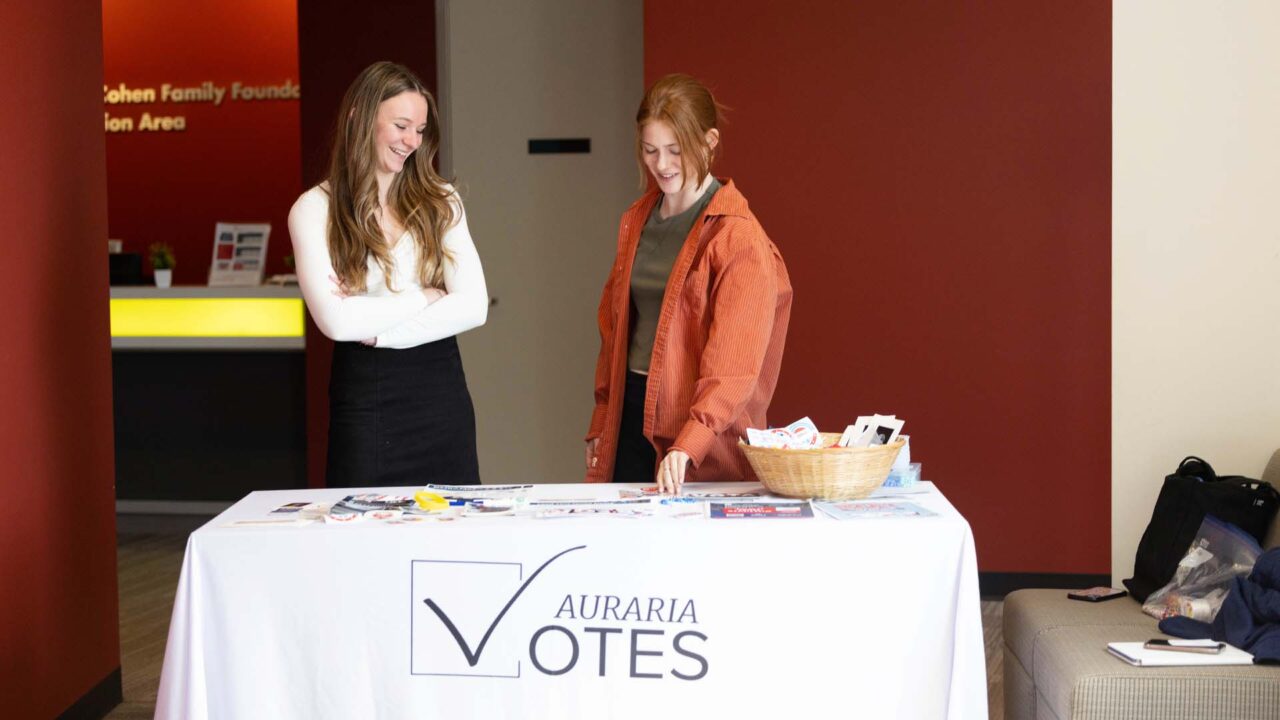
The Voter Engagement Student Ambassadors project, which is funded in part by the Community First Foundation and the Denver Foundation, is nonpartisan by design, said Cara DeGette, an adjunct professor of Journalism at MSU Denver who serves as the program’s faculty advisor. “We’re not promoting one political party or philosophy over any other. It really is an effort to get students engaged and get them focused on civil dialogue and engagement in the public sphere.”
The ambassadors have recently received training from the League of Women Voters on helping people register to vote in the belief students are more apt to respond to their peers, she said. “It would be much more effective for a young student ambassador to go into a classroom, for example, and say, ‘Let’s all register to vote now so we can all cross this barrier together.’”
|
MSU Denver’s second annual Dialogue and Civic Engagement Week is April 15-18 and includes Congress to Campus, discussions with former congress members Dennis A. Ross and Loretta Sanchez. Learn more and RSVP.
|
|
Preuhs views higher education as a unique opportunity to help people appreciate the complexities and nuance of governance and policymaking. The Auraria Campus has previously been recognized for higher-than-average levels of voter turnout in its student body.
“That’s why it’s so important to have that exposure to civics and civic life within higher education that allows you to navigate these complex situations,” he said. “VESA is a great example of the students engaging in that by exposing their colleagues to that level of participation.”

